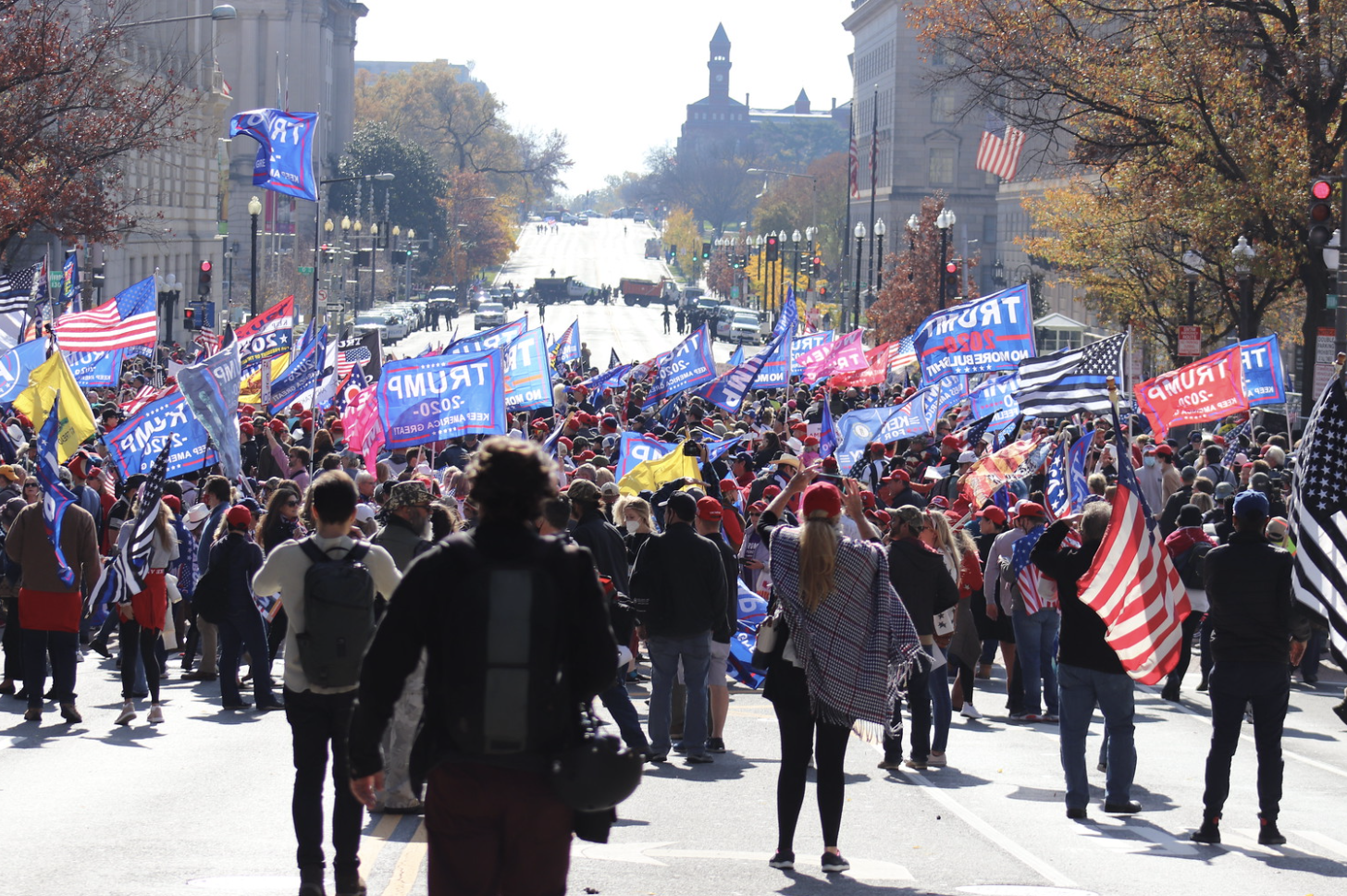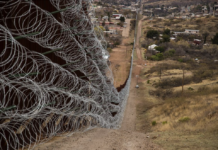
Kailynn Bannon
The Southern Editor
As the first month of the new year has gone by, the big presidential election crawls closer. The long-awaited election will take place at the end of this year, and campaigns are already taking over the media. As November draws near, students are being encouraged to take action and utilize their right to vote.
This year’s presidential election will take place across the nation on Nov. 5. Identical to the election of 2020, Donald Trump and Joe Biden are once again in the lead. The voting process begins with Florida’s Presidential Preference Primary (PPP) election on March 19.
As PPP elections occur within the next couple months, students can begin to register to vote, make adjustments to their voting parties or look for polling locations. Primary elections for other races take place later this year in August.
People vote in primary elections to choose which candidate they want to represent their party for the general election. The two major parties have ballots with potential candidates, and the voting days vary for each state.
This year, the Florida Democratic Party has already chosen Joe Biden as their candidate. Therefore, local Democrats will not vote in the PPP this year. Republicans, however, have a list of possible contenders to vote from on a ballot.
The list of Republicans who will appear on the PPP ballot include those in the running as well as those who have withdrawn their campaign. A vote for any of those candidates will still count. Two candidates still in the running include Trump and Nikki Haley, while popular political figures such as Chris Christie and Ron DeSantis have dropped out.
On Aug. 20, Floridians can vote in the primary election for other federal, state, county and local offices. Ballots will include candidates running for state and federal Senators, Representatives and more.
In the state of Florida, primaries are closed elections. This means that only members of a party can vote for who will represent that party. This means that independent voters and other minor party members will not receive a ballot. However, anyone can vote in the general election.
Students can register to vote easily online now in time for the PPP elections. If a voter cannot apply for a ballot, they can vote later on in the primary and general elections.
For those registered to vote, ballots will start being sent to Polk County homes on Feb. 16. Republicans who wish to vote in the PPP can request a ballot to be sent to them by visiting https://www.polkelections.com/Mail-in-Ballot-Request-Form and filling out the form.
Political science major Hanna James urges students to do plenty of research on reputable sources before heading to the polls, especially in an age where misinformation spreads like wildfire.
“Don’t just check one source, check multiple sources. Even the ones you might not agree with, so you can see multiple opinions and multiple sides of things,” James said.
She expresses the importance of students voting, and how their opinions matter even if they are not that involved in politics.
“Everyone’s opinion matters,” James said. “Everyone has a right to express how they feel.”
When it comes to research, James encourages students to read material from The New York Times and Reuters rather than CNN and Fox News, who are known to be biased news sources.
When taking Politics and the Media at Florida Southern with Dr. Anderson, James learned that every news article has some type of bias, which is why it’s important to research several sources and form one’s own opinion.
Candidates are specifically targeting college students this year because of the recent turnout and involvement of the youth. According to the Department of Education, fostering democracy in students prepares them to make educated decisions in the future. Since the 2020 election, the next generation has been more politically active. Many schools, such as St. Olaf College, are encouraging their student body to vote and even have their own polling locations.
Students can stay informed of election and voting information by researching candidates, reading news on election updates and obtaining facts from local voting sites.







